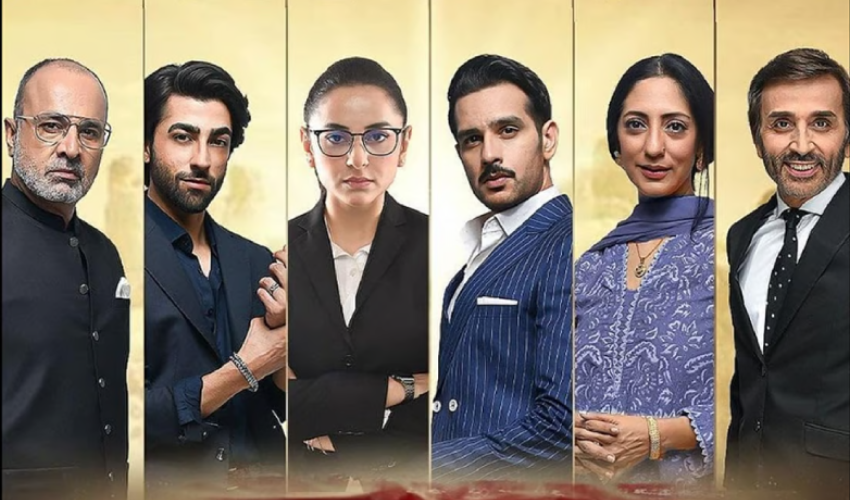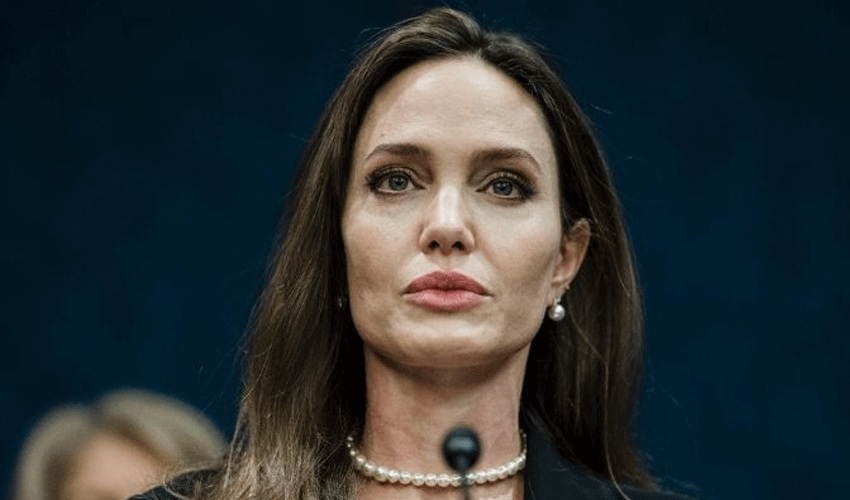Qarz e Jaan's powerful performances and deeply rooted social messages have resonated with audiences.
In a recent conversation with a private media outlet, the show’s writer, Rabia Razzaque, opened up about the inspiration behind the story and the themes she wanted to highlight.
Razzaque shared that one of the key messages she aimed to portray was the idea that life doesn’t end for widows. Through the characters Bisma and Asim, she explored how love and companionship are just as important later in life as they are in youth. “At a mature age, people need more emotional support and understanding,” she emphasised, noting how society often overlooks the emotional needs of older individuals, especially widows.
Another significant theme was the importance of career and independence for women. Through Nashwa’s character, Razzaque showcased how a woman’s career can be a source of strength and self-worth. She wanted to emphasise that empowered women and ambitious youth are key to a progressive society.
Razzaque also touched upon Ammar Bakhtiyar’s character, who served as a reflection of what poor parenting can lead to. She explained that Ammar’s tragic path was shaped by a mix of his own nature and the negative influence of his upbringing, particularly by his grandmother and father. “Parenting decisions echo through generations,” she noted, highlighting how misguided love and unchallenged behaviour can damage an entire family.
With a cast that delivered compelling performances — including Yumna Zaidi, Usama Khan, and Deepak Perwani — Qarz e Jaan stood out not just as a drama, but as a mirror to societal truths.


























